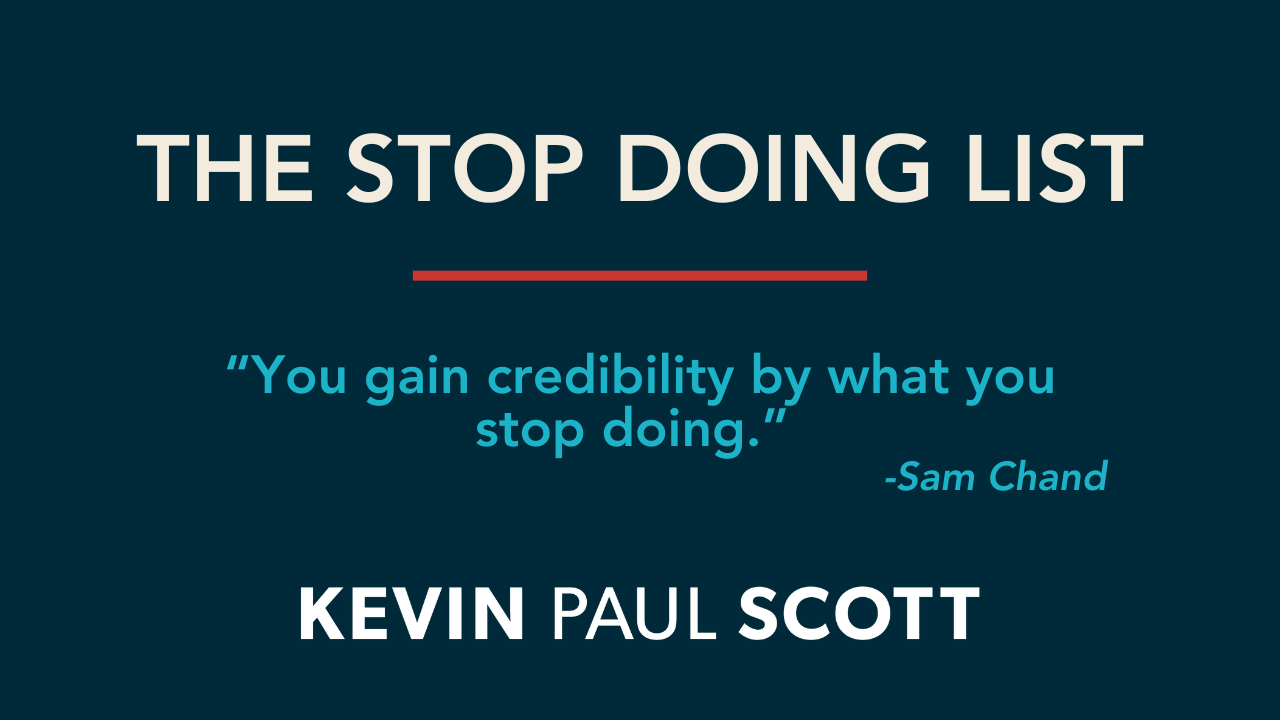As a leader, my primary goal is to make sure our organization is thriving, moving forward, and performing well. In order to do this, I seek to recruit and select great people who will speak into what we’re doing. I don’t just bring people to ADDO to do a specific job, but I want them to use their ideas, backgrounds, and abilities to make what we’re doing better.
But the challenge that talented team members (and I think all people a part of a team) face is the tendency to fall into one of two extremes—being the loyal fan or being the harsh critic.
The loyal fan always affirms, encourages, and reinforces. These are the people you like to have around because they make you feel good. They nod approvingly as you roll out a new strategy and tell you they think it’s great. The downside to these individuals is that they rarely challenge us to get better. They seldom bring fresh insights or provide unique perspectives about a problem with our work. They are great encouragers, but to be honest, anyone can fill this role.
On the other end of the spectrum is the critic—this person always has a comment. They are the first ones to say, “BUT have you thought about this…?”
And even if they like your idea, they have to have the last word: “Well, you also need to …” Most of these people aren’t intentionally trying to be jerks, but it’s easy to get tired of the person that’s always poking holes in your work. In fact, when they do it publicly, their critique of the work can have dangerous ripple effects that create dissension among team members and prevent the idea from gaining traction.
I’ve found that the most influential people on any team understand that public loyalty earns private influence. I want to be clear; I’m not talking about blind public endorsement of every person, policy, or procedure. Instead, it’s intentionally saying, “Because of my role on this team, I’m going to do my job to the best of my ability, and behind closed doors, I will let my leader know the problems I see.” When a leader believes that someone supports them, this support does not only earn influence, but it often earns them the voice necessary to make fruitful, lasting change.
"The most influential people on any team understand that public loyalty earns private influence."
Think about the coach and players on a college football team. When the team loses, the players who rail against the play-calling of the coach in the post-game press conference lose the ability to speak into strategy or practices in the future. In the same way, the coach that throws the players under the bus probably won’t have much loyalty from their team going forward. However, the players and coaches that present a united front and wait to voice their opinions and ideas at the right time are far more likely to be heard, to be respected, and to have an impact on the success of their team.
The same is true in the workplace. When your company’s leadership rolls out a new strategy, the people that are quick to loudly voice their concerns to the rest of the team won’t be taken as seriously as the team members who work hard to implement the new plan and then privately challenge the flaws they notice.
This concept can even apply across any organization, team, or group of people. It’s about finding the right venue for feedback while showing you have the team’s best interest in mind.
There are going to be times you disagree with your leadership, but you should give your best anyway. In the sports world, the wrong play call that’s executed with excellence is going to be more effective than the right play call executed poorly. Alignment is key.
This blog is a word of advice for anyone on a team—a small company, a church, a nonprofit, a school, or a fast food restaurant. If you are a leader, surround yourself with people who encourage what’s good and deliver constructive criticism at the appropriate time. If you are a member of a team, work diligently, encourage generously, and critique at the appropriate times.
Did someone forward this blog to you? Did you stumble across it somewhere on the internet? Subscribe and receive these to your inbox every Tuesday morning.
It’s easy. Just sign up below.
SUBSCRIBE

























.svg)








